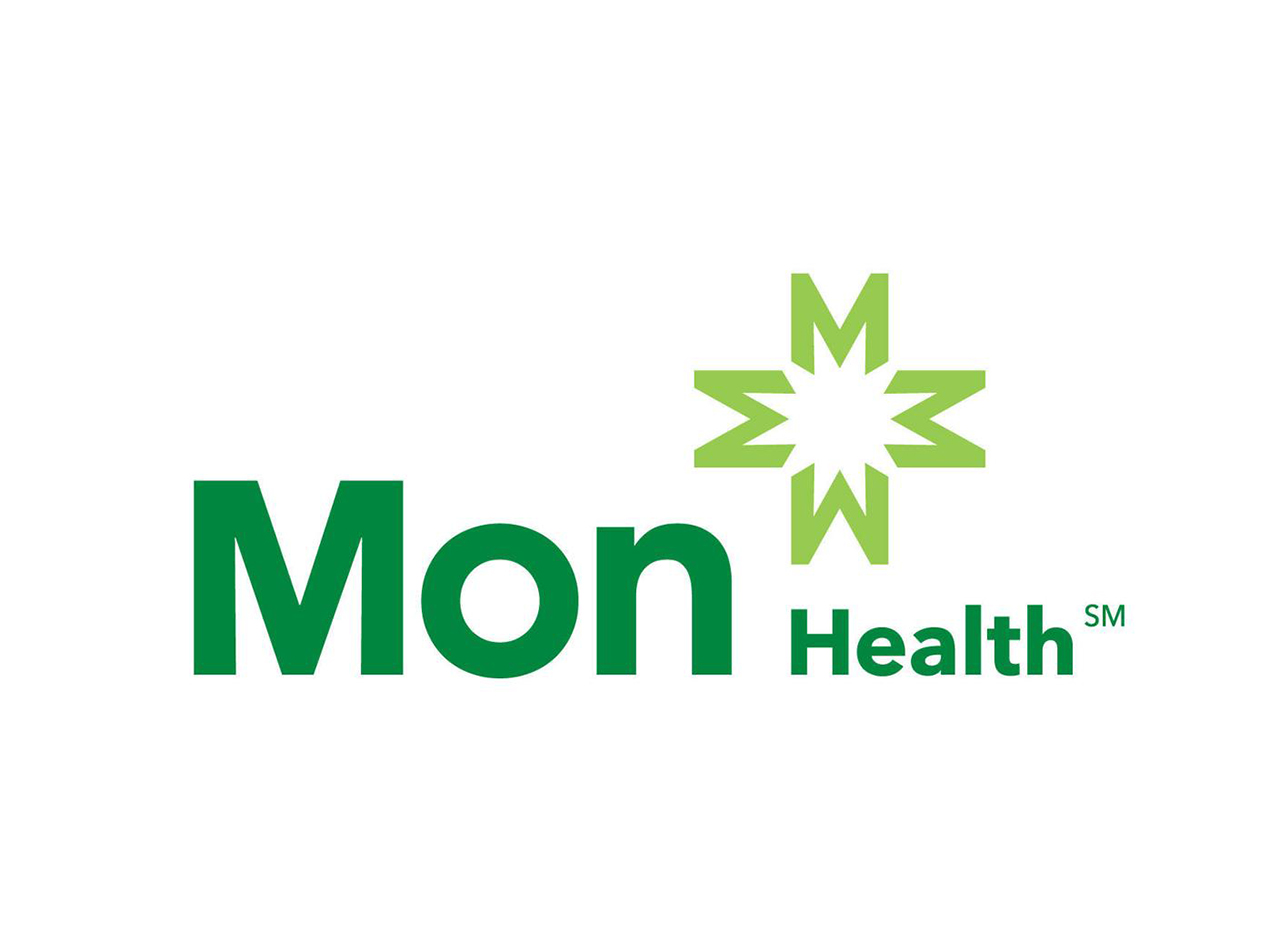3 min read
Tips on proactive data breach prevention for small healthcare practices
Farah Amod
November 1, 2024

Cybercriminals are increasingly targeting small businesses due to their limited resources and potentially lax security measures. According to a survey by Sage, 48% of small businesses have experienced a cyber attack in the past year.
Implementing security measures, conducting risk assessments, and investing in employee training are significant steps toward proactive data breach prevention.
What constitutes a data breach?
A cyberattack or data breach is the intentional and illicit manipulation of an individual's or a company's network or systems. This involves using malicious code to compromise a computer to either disclose or seize critical information or data.
Several common instances of cyberattacks, along with prevalent data breach methods, include:
- Malicious software, unsolicited emails, phishing, Trojans, spoofing, viruses, and spyware
- Deception, identity theft, and extortion
- Password interception
- Theft of physical devices, such as mobile devices and laptops
- Defacement of websites
- Abuse of instant messaging platforms
- Exploitation of vulnerabilities in both public and private web browsers
- Unauthorized access to intellectual property
- Distributed denial-of-service (DDoS) and denial-of-service attacks
HIPAA compliance in data breach prevention
HIPAA compliance regulations aim to protect patient and employee health information. One of the first steps toward HIPAA compliance is conducting a risk assessment. This assessment helps identify vulnerabilities and develop strategies to address them. Additionally, organizations should implement the safeguards outlined in the HIPAA Security Rule to protect electronic protected health information (ePHI).
To further enhance cybersecurity and HIPAA compliance, consider the following practices:
Phishing scams
Train employees to recognize and report suspicious emails to minimize the risk of falling for phishing scams.
Password management
Utilize password management tools and regularly review their effectiveness in safeguarding sensitive information.
HIPAA compliant services
Choose cloud backup services that comply with HIPAA regulations to ensure the secure storage and recovery of data. Implement HIPAA compliant email services, like Paubox, that offer security measures, such as encryption and secure transmission protocols.
By integrating cybersecurity practices, HIPAA compliance, and employee training, small practices can significantly reduce the likelihood and impact of data breaches and cyber-attacks.
Further preventative measures
A newsletter released by the Health and Human Services Office for Civil Rights focuses on cyber extortion threats faced by organizations in the healthcare sector. They highlight the risks of attackers gaining access to sensitive data and threatening to publish it. To reduce the chances of falling victim to cyber extortion or a data breach, the following guidelines are recommended:
- Implement a risk assessment and management program to identify vulnerabilities
- Conduct regular employee training to enhance awareness of suspicious emails and phishing attempts
- Deploy proactive anti-malware solutions to detect and prevent attacks
- Patch systems regularly to address known vulnerabilities
- Harden internal network defenses and limit internal network access to authorized personnel
- Develop and regularly test contingency and disaster recovery plans
- Encrypt and back up sensitive data to protect against unauthorized access
- Implement and review audit logs to detect and respond to potential threats
- Stay vigilant for emerging cyber threats and vulnerabilities
In the news
The FBI issued a statement highlighting the significant risk cyber threats pose to small businesses. They emphasize that the impact of a successful attack can be devastating, particularly for small businesses. The statement also highlights specific threats, including Business Email Compromise (BEC), ransomware, and vulnerabilities in Internet of Things (IoT) devices.
Go deeper:
- How Tampa General Hospital was proactive against a ransomware attack
- CISA and HHS launch cybersecurity healthcare toolkit
- Cyberattack shuts down New York hospitals
FAQs
What is a data breach?
A data breach is when sensitive, protected, or confidential data is accessed, disclosed, or stolen by unauthorized individuals. This can include personal information such as names, social security numbers, credit card details, and medical records. Data breaches can occur through various means, such as hacking, malware attacks, insider threats, or inadequate security measures.
Can legal action result from a data breach?
Yes, legal action can result from a data breach, as affected individuals or organizations may sue for damages caused by the breach.
How can healthcare organizations prevent data breaches?
Healthcare organizations can reduce the risk of data breaches by implementing strong cybersecurity measures, conducting regular security training for employees, and using encryption to protect sensitive data.
What should a healthcare organization do immediately after discovering a data breach?
Upon discovering a data breach, a healthcare organization should contain the breach, assess the scope of the impact, notify affected individuals and relevant authorities, and begin an investigation to understand how the breach occurred and how to prevent future incidents.
Go deeper:
Subscribe to Paubox Weekly
Every Friday we bring you the most important news from Paubox. Our aim is to make you smarter, faster.




